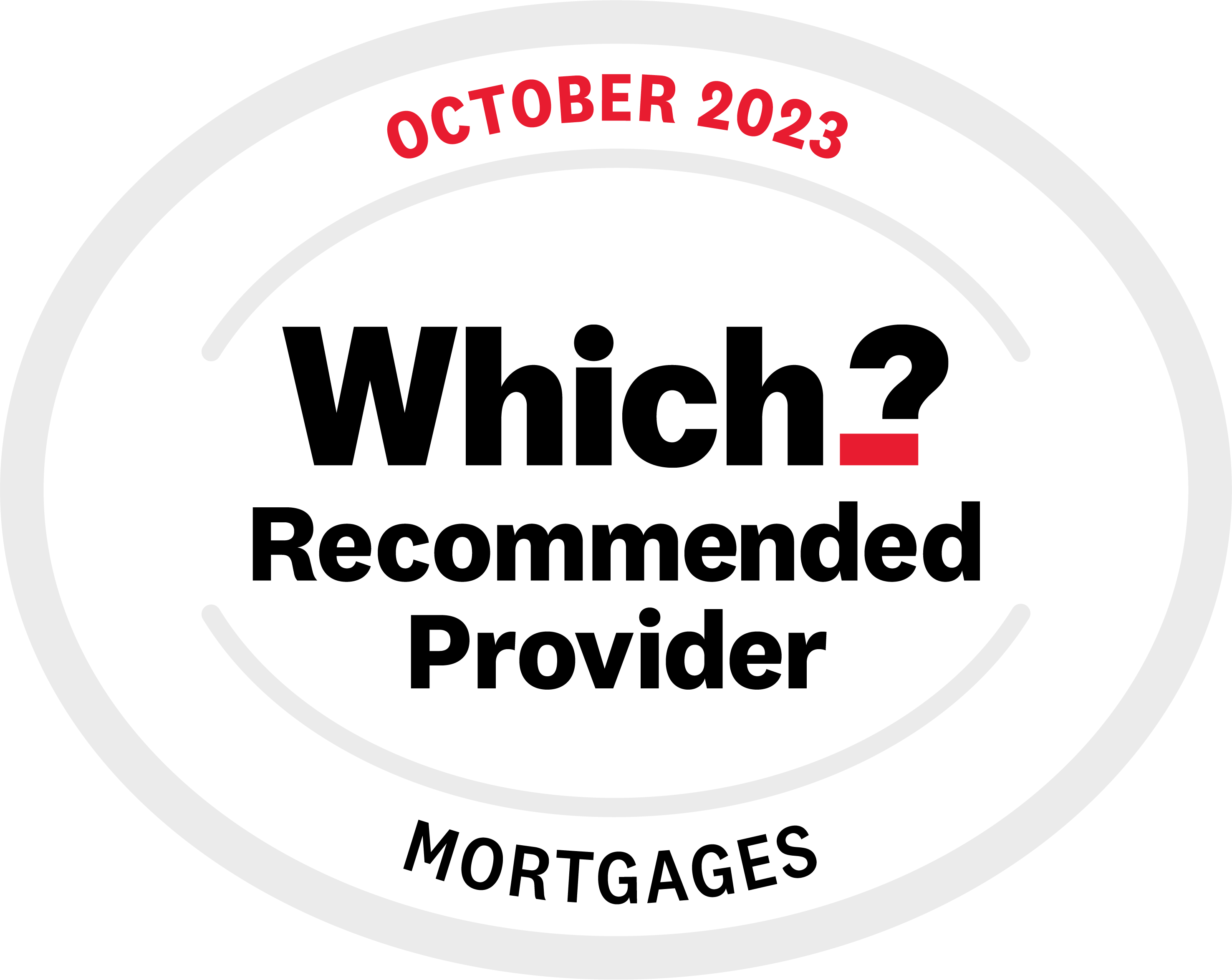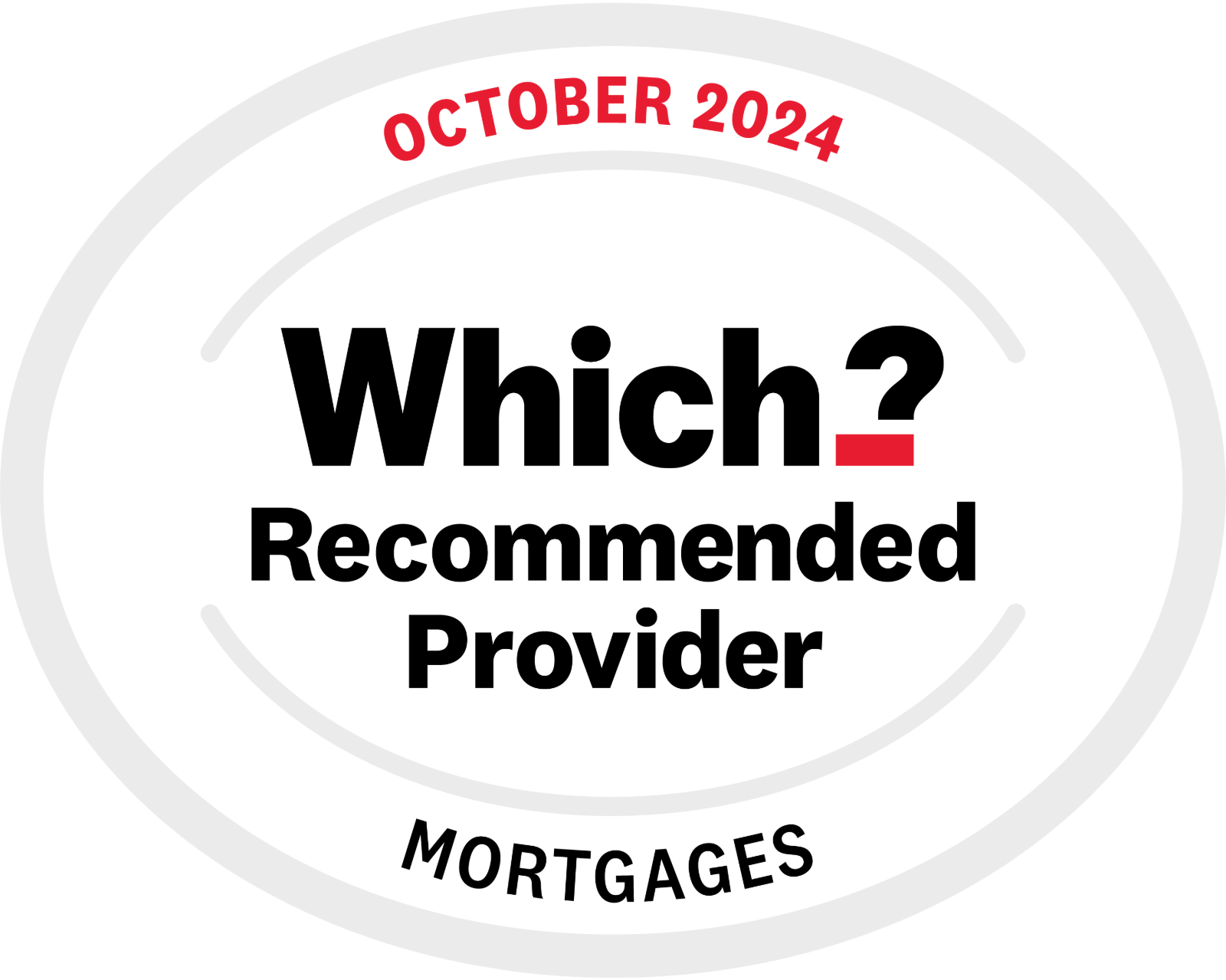You could lose your home if you don't keep up your mortgage repayments.
Types of mortgages
Mortgage calculators
We are Which? recommended
We're proud to have been named a Which? recommended provider for 2024.


Fraudsters are encouraging savers to move their money into higher risk cryptocurrency investments. Skipton does not endorse any cryptocurrency investments.
Be cautious of uninvited investment offers. If something doesn’t feel right, trust your instincts and take the time to investigate.
You could lose your home if you don't keep up your mortgage repayments.
We're proud to have been named a Which? recommended provider for 2024.

